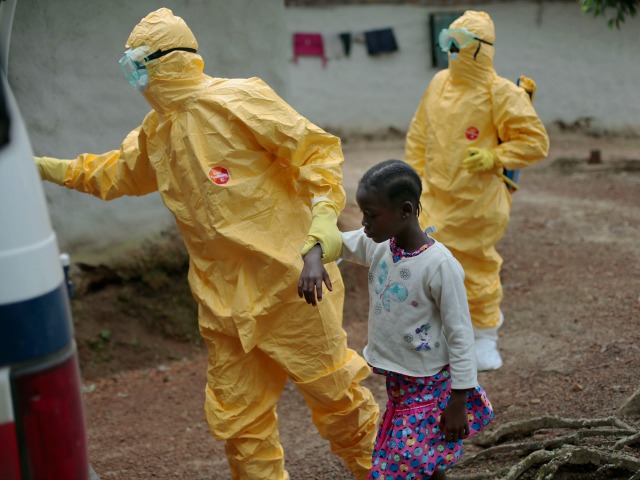This story originally appeared in New York Magazine:
In his public statements about the Dallas Ebola patient this week, the CDC’s director Thomas Frieden has been steady, optimistic, and reassuring. “We will stop Ebola in its tracks,” he has said.
He has maintained that Americans should feel secure, that the systems of disease surveillance, isolation, and supportive care in place here are robust enough to keep Ebola from spreading widely. But in the horrifying news from West Africa, and in the anxious episodes in Dallas, we are beginning to learn a little bit more about what that security depends upon. It depends, here but mostly in West Africa, upon inhumanly heroic and terrible acts of bravery by medical workers putting themselves at risk in order to keep the disease from spreading.
Perhaps the most poignant story to emerge from the Ebola zone this week was that of Foday Galla, an ambulance crew chief in Monrovia, who explained to Time‘s Aryn Baker how he had contracted Ebola and then — after two weeks of treatment — beat it. The story lies in how he became infected, and the risks he was willing to take to save others.
“Galla,” Baker writes, “knows exactly how he got sick.” He had been to the same house twice, to take seven infected family members to a hospital — a mother and father, three sons and a daughter, and a grandmother. All of them had died. A week later, he was called back to the same house: The lone survivor, a 4-year old boy named Samuel (who had been cared for by neighbors) was throwing up. Galla put on his protective gear. “All I wanted to do was save that little child’s life.”
Baker writes: “Galla found Samuel in a pool of vomit, and gathered him into his arms. The child vomited again, all over Galla’s protective suit. Ebola is spread by infected bodily fluids; vomit is particularly dangerous. ‘I didn’t care,’ says Galla. ‘All his family was gone, so I wanted to make sure he kept his life.’ Galla was in such a rush to get Samuel to treatment that he didn’t stop to disinfect with a whole-body chlorine spray. Samuel survived. But two days later, Galla started feeling sick.”

COMMENTS
Please let us know if you're having issues with commenting.